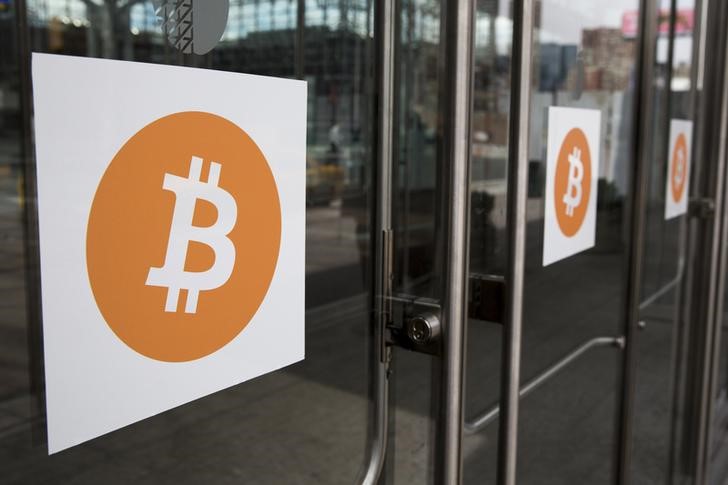In a recent interview on the What Bitcoin Did podcast, Robert F. Kennedy Jr. voiced concerns about central bank digital currencies (CBDCs), emphasizing their potential for extensive government control and the implications for personal financial autonomy. Kennedy, a staunch advocate for individual liberties, contrasted the programmable nature of CBDCs with the decentralized system of Bitcoin, which he lauded as an "elegant solution" for safeguarding transactional privacy.
During his conversation with host Peter McCormack, Kennedy delved into the risks associated with CBDCs. He warned that such digital currencies could grant governments unprecedented oversight over citizens' transactions and enable taxation in real-time. Furthermore, he cautioned that CBDCs could be tied to social credit systems, potentially restricting financial access and freedoms based on a person's behavior or compliance with regulations.
Kennedy's remarks underscore a growing debate around the introduction of government-backed digital currencies and their potential impact on privacy and civil liberties. While central banks globally are exploring CBDCs as a means to modernize financial systems and improve transaction efficiency, the trade-offs in terms of privacy and control are drawing scrutiny from privacy advocates and proponents of decentralized cryptocurrencies like Bitcoin.
Bitcoin, with its peer-to-peer network and absence of central control, stands in stark contrast to the concept of CBDCs. Kennedy pointed to Bitcoin's design as a means to preserve the freedom of transactions, suggesting that its decentralized nature could provide a bulwark against the encroachment of privacy by state-controlled digital currencies.
This article was generated with the support of AI and reviewed by an editor. For more information see our T&C.
